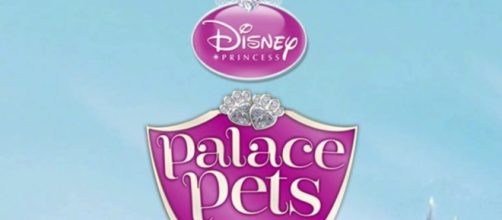Thanks to the numerous franchises springing up from their multitude of media properties, the Walt Disney Company has a massive reach to children who are fans of their products (and their parents who pay for their children’s consumption). For instance, little girls are likely to be massive fans of the “Disney Princess” franchise, and they might probably indulge their fandom through playing a variety of game apps that the House of Mouse has put out. But in this day and age, being online brings up questions of internet privacy, and one mother believes Disney may have violated that of her daughter who plays one of their game apps.
Princess data-peepers
Last week a California mother, Amanda Rushing of San Francisco, filed a federal class action lawsuit against Disney and software firms Upsight, Unity, and Kochava. The case is based on her allegation that the companies in question had developed apps and games for mobile devices that covertly collect private information on their users, mostly children. These are then shared illegally to advertisers who send ‘preferable’ yet still unwelcome online ads to their accounts. This is especially heinous since the targeted kids are usually under 13, which are covered in the Children’s Online Privacy Protection Act (COPPA).
Rushing cited as an example a mobile app that her daughter “L.L” frequently plays, “Disney Princess Palace Pets.” She discovered that her child’s account was inundated by third-party advertising that are seemingly targeted at her age group.
Her lawsuit against the House of Mouse and the three other app software developers was filed at the US District Court – Northern California. It demands a jury trial in order to win an injunction against all four that will prevent them from sharing gleaned user data without consent from parents. It also calls for awarding payment for both damages and legal fees.
Deja vu for Disney
The lawsuit, running a goodly 27 pages long, goes on to list a whopping total of 42 apps developed by Disney, Upsight, Unity, and Kochava, that are suspected of illegal data collection that is punishable under the COPPA. Enacted by Congress way back in 1999, the COPPA states that companies must have parental permission included in their software to allow data collection, especially if the target audience were children under 13.
In 2013 the FTC added locations and IP addresses to the list of data that is rendered confidential by the Act.
Disney, however, is nonplussed at the latest COPPA-related suit against them; the last major one in 2011 had them pay $3 million in damages on account of apps violating the Act developed by their subsidiary Playdom. As for the new suit by Amanda Rushing, the House of Mouse insists that all apps from them are COPPA-compliant and will defend their integrity as such in court.


